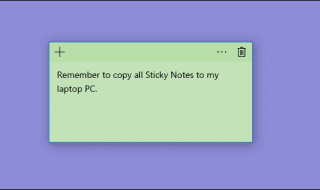
You probably see puzzles as a fun thing to do in your spare time or a guilty pleasure when you know that you should be getting work done, but did you know that they can be good for you? This is part of the reason why we find them so appealing – they help our brains to develop and stay sharp throughout our lives. Doing a variety of puzzles on a regular basis can enhance your cognitive capacity and even help to manage mental health problems such as anxiety. They’re not a waste of time because they can empower you to use the rest of your time more efficiently.
Early years

Brain-teasers for bears? Spider monkey back-scratchers? High-schoolers can devise those
When is a child old enough to start engaging with puzzles? Actually, pattern recognition skills are something we’re born with, and this is where understanding puzzles begins. Simple things such as putting up posters in your baby’s room that feature geometric shapes, such as a brightly colored square divided by a line into two triangles, can give your baby a head start in this area of development.
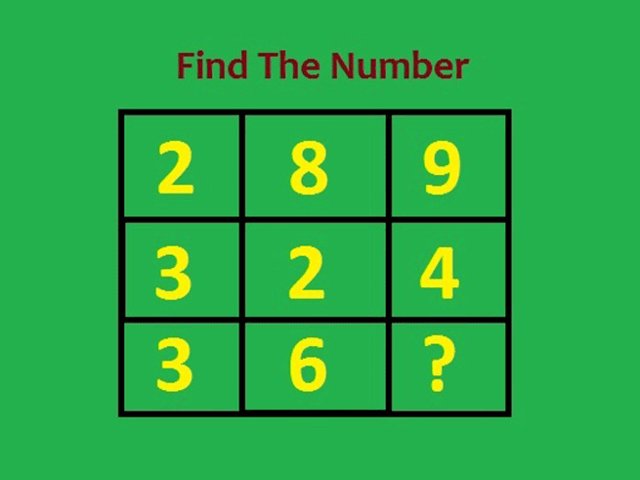
This brain teaser has a missing number — can you find it?
As your child develops the ability to interact with the world, working on puzzles can enhance brain development more generally as well as helping with things such as hand-eye coordination and fine motor skills. It’s never too early to start – and continuing to have fun with puzzles helps at every stage in life.
Staying sharp after school

How to Combine Working and Studying While You Are in College?
It used to be believed that we were all naturally good at learning in childhood and that this ability declined as we got older. Now, scientists think that this is a myth and that healthy people can be good at learning throughout their lives as long as they keep their brains in shape. Like a muscle, the brain needs to be exercised to keep working at its best.

Brain teaser: Riddle has people hunting for missing pencil – can YOU beat the record?
This exercise is something that we have to do when we’re in formal education, but when that stage of life comes to an end, many people stop, especially if their jobs don’t provide much mental stimulation. Solving cryptogram puzzles or even doing a word search can help to prevent deterioration. This means that if you then need to learn a new skill – for instance, because you want to change careers or because you’re going on vacation and would like to be able to speak the local language – you’ll find it easier to do.
Managing mental health
As well as helping to keep the mind flexible, puzzles can help to protect it from illness. Mental health charities recommend puzzles as a way of dealing with anxiety, depression and other common mental illnesses.
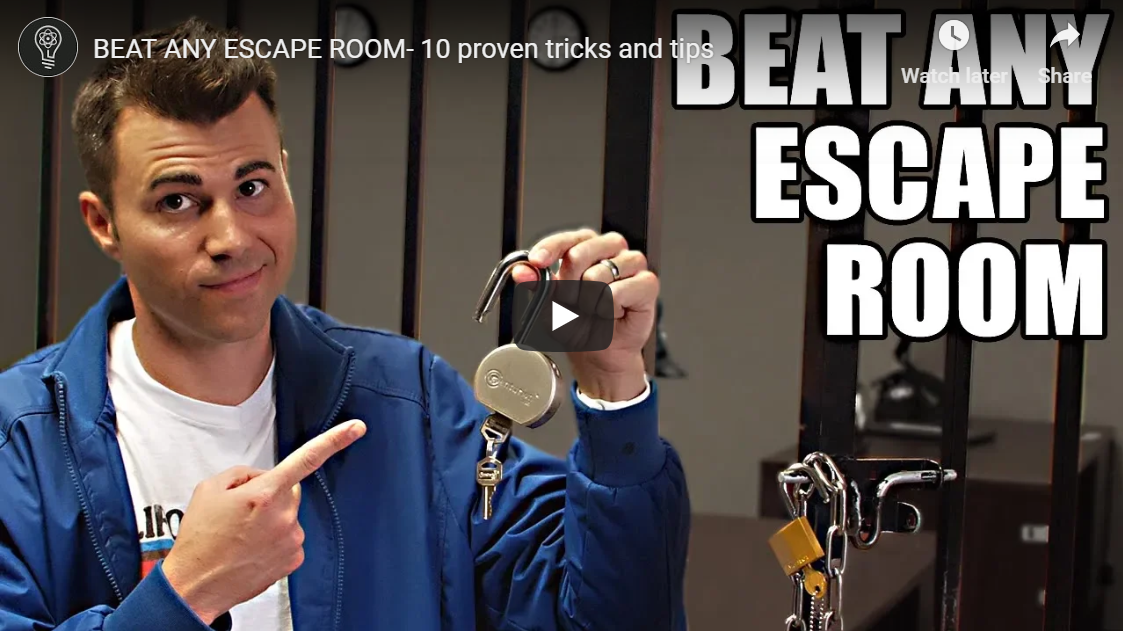
Four Adventurous Ways to Spend Your Weekend
Because they are so absorbing, games such as 2048 and Color Crush can break the cycle of intrusive thoughts that many people suffer from, giving the mood a chance to settle. They can also help people with ADHD and similar problems to improve their focus and concentration. Many people find them relaxing, and they can be very effective in reducing stress, which helps prevent some kinds of mental illness from developing in the first place.
Clearing your thoughts
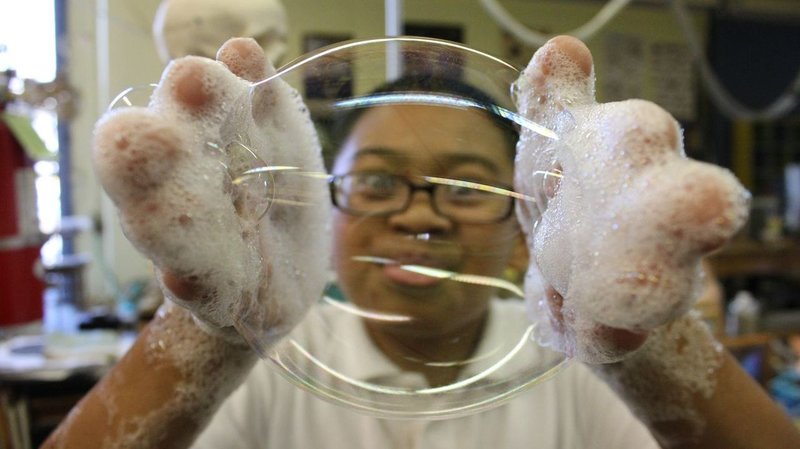
Tech for Kids: Awesome Learning Tools I Wish I Had Growing Up
In a similar way, many people who work in intellectually demanding professions find that doing puzzles such as Sudoku is a good way of clearing the mind when moving from one task to another.

8 viral brain-teasers that stumped the internet — can you spot the hidden images?
Because it demands a brief period of intense focus, it helps the brain to switch off from what it was doing so that the next project can be approached fresh, without ideas about the previous task intruding and causing a distraction. In an office environment, this can often be balanced with tasks that don’t require attention, such as sending work to the printer or clearing a browser cache.
Later life
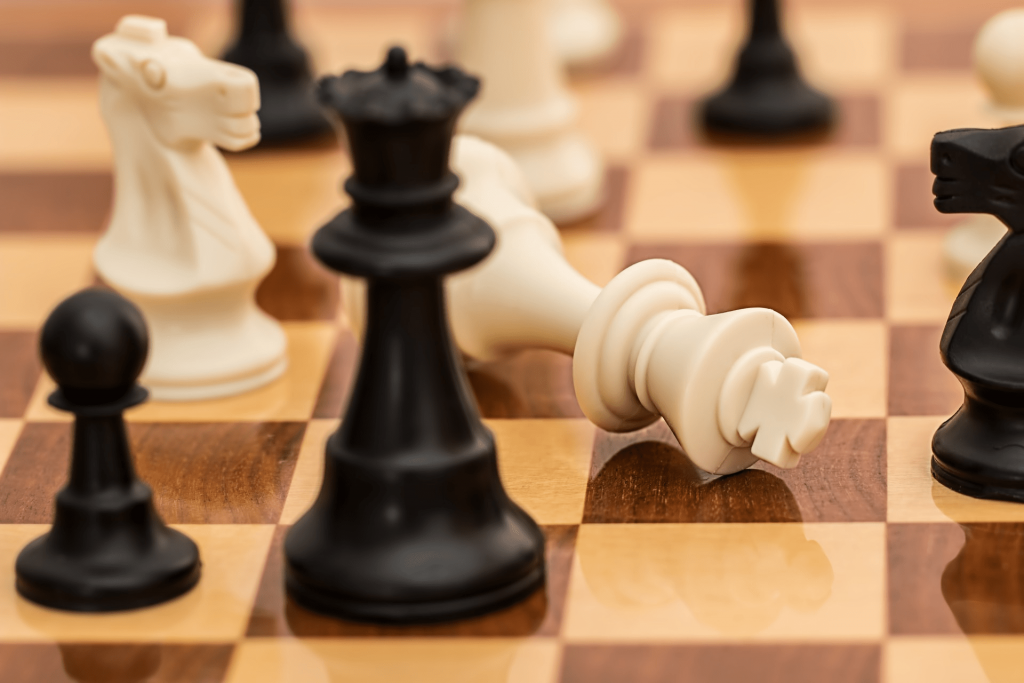
7 Brain Games To Make You Smarter
It used to be considered inevitable that people would become less mentally capable with age, but this is another idea that contemporary research is challenging. Sadly, doing puzzles doesn’t seem to be able to prevent the development of degenerative illnesses that affect the brain, but it can prevent decline due to lack of use – something that gets a lot worse for most people after they retire. Social activity is also good for this, but as older people tend to find it gradually harder to get around, it’s not always possible to sustain that. Doing word puzzles on a daily basis is easy for most people to fit into their routines, and it has been demonstrated to improve cognitive skill levels to the extent that, judged on their mental skills alone, people seem as much as ten years younger.
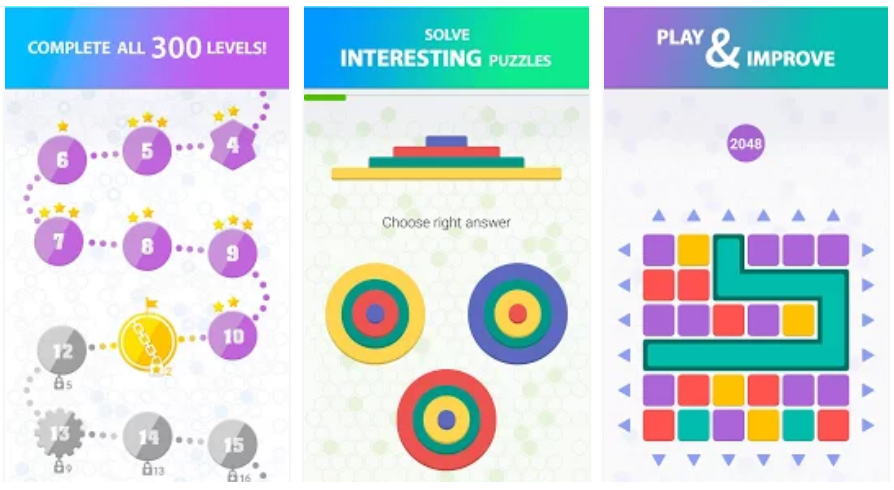
Brain Games – Fun Games That Train Your Mind
With so much to gain, it’s time to welcome puzzles into your life and feel good about doing them. They really are worth it.



